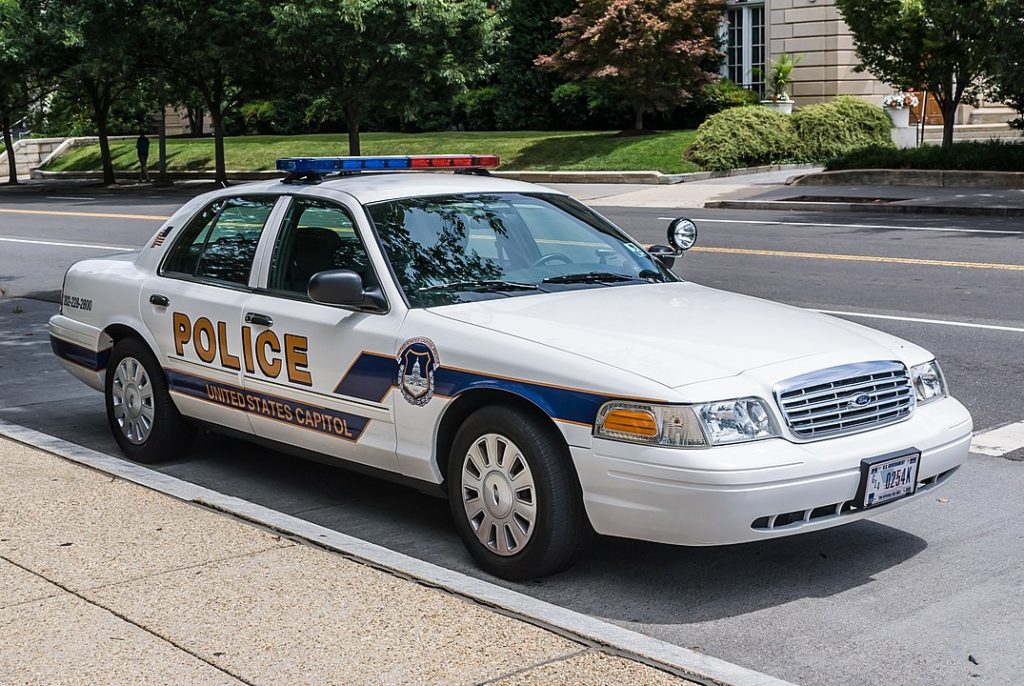Recognizing and Escaping from Kafka Traps
Until now, I didn't realize there was a name a peculiar type of argument, but from now on I will recognize it as a "Kafka Trap":
In The Trial, Kafka presents a totalitarian world where a man is arrested by unspecified authorities and accused of an unspecified crime. Kafka traps occurs when people are accused of something but their denials are interpreted as absolute proof that the accusation is true. For example,
You are an liar!"
"No I am not."
"That proves it. Liars always deny they are liars!"
Kafka Traps seem to work because they are circular, thus evidence-free, thus unfalsifiable. You can expose the fallaciousness of Kafka Traps by making some simple substitutions, e.g.,:
"You are a jelly donut!"
"No, I am not."
"That proves it. Jelly donuts always deny they are jelly donuts!"
Now consider this argument:
" You are a racist!"
"No, I am not."
"That proves it. Racists always deny they are racists!"
This argument that all white people are racists has been employed by Robin DiAngelo:
Yes, all white people are complicit with racism. There will be umbrage and upset. People will insist that they are not racist. That I don't know them ... 'I've traveled a lot. I speak lots of languages ... I had a Black roommate in college. I'm a minority myself.' This is the kind of evidence that many white people used to exempt themselves from that system. It's not possible to be exempt from it.
These Kafka Traps are fact-free pseudo-arguments that remind me of St. Anselm's alleged proof for the existence of God ("That than which nothing greater can be conceived") and St. Thomas Aquinas' Contingency proof for the existence of God ("even if the Universe has always existed, it still owes its existence to an uncaused cause. The only thing missing from these three fallacious arguments is the word "Abracadabra!"
To escape a Kafka Trap, you can also demand evidence for these extraordinary claims, then (after no evidence is produced) invoke Carl Sagan: "Extraordinary claims require extraordinary proof."
If you are facing an evidence-free claim that you are a racist, simply flip the argument 180 by substituting "maker of false accusations" for "racist":
"You are a maker of false accusations!"
"No, I am not."
"That proves it. Makers of false accusations always deny they are makers of false accusations!"

